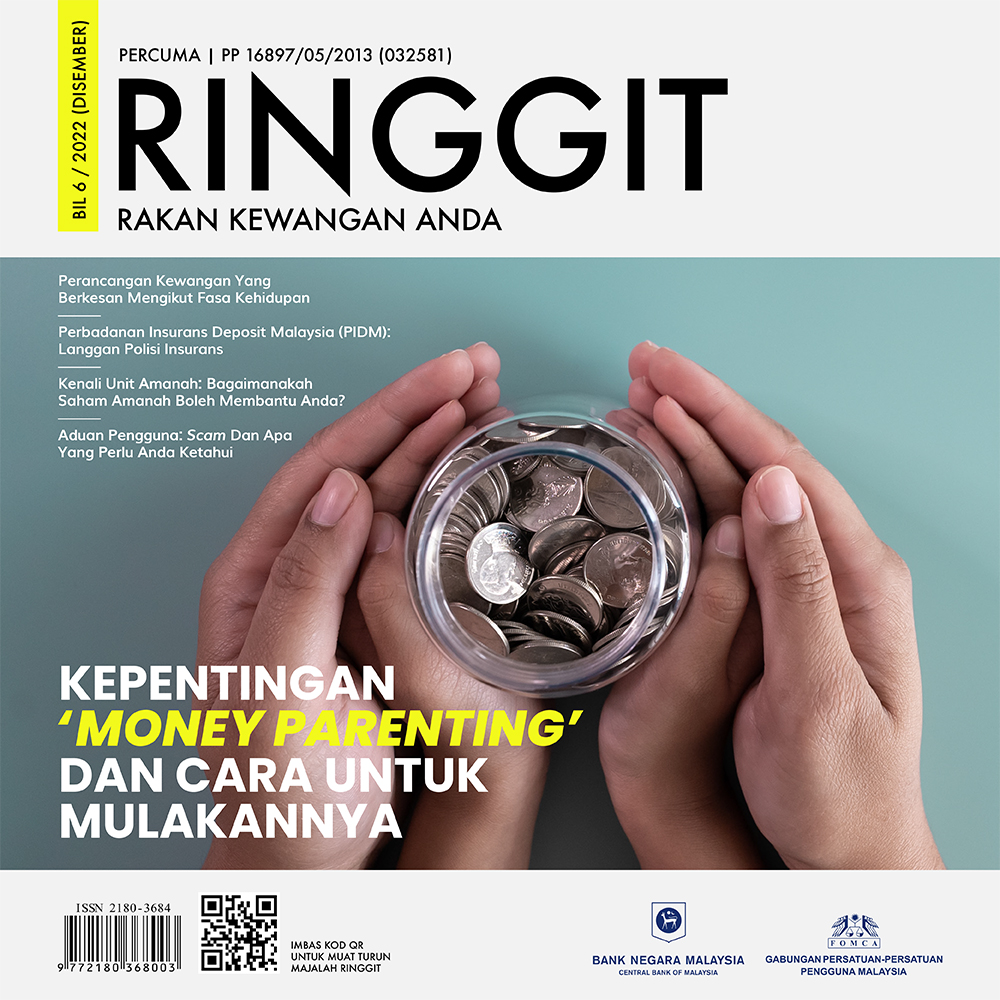 PETALING JAYA: The property sector appears to be getting a lot of attention from both potential buyers and sellers that are looking to take advantage of the opportunities that may arise from the current uncertain economy.
PETALING JAYA: The property sector appears to be getting a lot of attention from both potential buyers and sellers that are looking to take advantage of the opportunities that may arise from the current uncertain economy.
With the heightened interest in this sector during this period, it is also worth noting that there may be unscrupulous agents that would be out to take advantage of the situation unbeknownst to either the buyer or seller.
The Malaysian Institute of Estate Agents’ (MIEA) CEO K. Soma Sundram shares his views with StarBiz and notes that these are usually carried out by an illegal property broker or agent that does not have proper certification.
Legal agents are certified real estate negotiators (RENs) registered under the Board of Valuers, Appraisers and Estate Agents Malaysia that have to abide by a set of rules and regulations or a code of conduct.
Soma says that other than the obvious where an agent runs away after the collection of the deposit as they could not deliver the contract, there are some other not so obvious areas that illegal agents may exploit to their own benefit:
Misrepresentation
Misrepresentation is a legal term which means: making a false statement of fact that has the effect of inducing someone into a contract without the intention to cheat, he says.
“For example, telling a buyer that the built-up area of the property is 1,600 sq ft when it is only 1,450 sq ft. As a trained professional agent, he or she is required to check all facts before marketing the property, ” Soma says.
He also says that to mislead meanwhile is to make a statement that is false or inaccurate in any material especially when a person knows it to be false. This includes intentionally omitting any facts regarding the property in question.
“Let’s say there is a piece of land that is for sale and the agent is aware that there will be a compulsory acquisition by the government of some 3,500 sq ft out of the 10,000 sq ft of land, ” Soma says. “However, the buyer was only informed that the land for sale is 10,000 sq ft while the broker withholds the fact of the acquisition, ” he adds.
This can cause unnecessary headaches for a potential buyer and the cost of acquiring the land would then be actually higher.
An illegal agent could also withhold facts, and not tell of the true condition of the property that is of interest.
“For example, a house has a serious termite problem on the roof and ceiling. The broker is aware of it but tells the prospective buyer that the house is in a good condition, ” he says.
He notes that it will be too late once the buyer only finds out about it when he or she had already purchased the property.
Fee or commission collection
Soma says that there have been cases where commissions are collected from both the buyer and seller noting that this is clearly against the law.
“The law allows the agent to collect fees from only one party (either the buyer or the seller) that engages him/her to act on their behalf. This is to protect the interest of the party the agent is representing, ” he says.
“Therefore, an agent can only collect either from the seller or the buyer in a single transaction and not both parties. Brokers and unethical individuals may collect from parties which also may allow them to collect more than the prescribed fee, ” he adds.
Soma says the prescribed broker or agency commission rate is 3% under the law and there are people who collect more than that which goes against the law. The allowable fees as prescribed in the 7th schedule of the 1986 Rules on Land & Buildings must not exceed 3% on the selling price, he notes.
Seller entrapment
Soma says price manipulation can happen through two ways, the first through what is termed as profiteering and the second is by undercutting the selling price.
Soma says an example of profiteering from a transaction is when a seller wants to sell his house for RM500,000 but the broker is aware that the property value is worth RM600,000.
“He agrees to sell it at RM500,000 without advising the seller of the actual market value.
The broker then asks the seller to allow him to earn the additional amount as his or her commission, ” he says.
He says should the broker be able to sell the property at RM600,000, he or she would earn the RM100,000 balance.
“However, a registered estate agent (REA) or REN will advise the client that the property value is at RM600,000 and will only collect a fee of 3%, which is equivalent to RM18,000. The illegal broker would have profiteered RM100,000, ” Soma says.
In the second instance of undercutting the selling price, the seller indicates he or she would like to sell the property at RM750,000 but the broker in his haste to sell quickly may advertise it at RM700,000 and take an offer lower than that what was authorised.
In this case, the seller immediately loses RM50,000, he says.
Meanwhile, an agent could also falsely represent the seller or landlord without legal authorisation. “Anyone who represents a seller or landlord must have a written authorisation from them to sell or rent the property, ” Soma says.
“This allows them to ascertain accurate information on the property and to prove that they are legally representing the seller or landlord in the property sales or rental.”
Conflict of interest
Agents are required to declare themselves to the seller when there is a conflict of interest in the deal, says Soma. He gives a fine example of this happening where the broker or agent finds a property that is marketed below the market value and gets his wife to buy the property.
“He does not disclose to the seller that the buyer is his wife, negotiates the price and closes the deal. There is a conflict of interest as the broker is supposed to protect the interest of his client, who is the seller in this case, ” he adds.
Soma says that property transactions also involve a legal process which the broker or agent must know beforehand.
“Dealing with property transactions involves rights, contracts, legal obligations, etc where an REA or REN must guide the seller and the buyer during the process. Any wrong advice may result in the contract getting void or ending up in court, ” he says.






